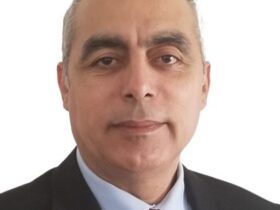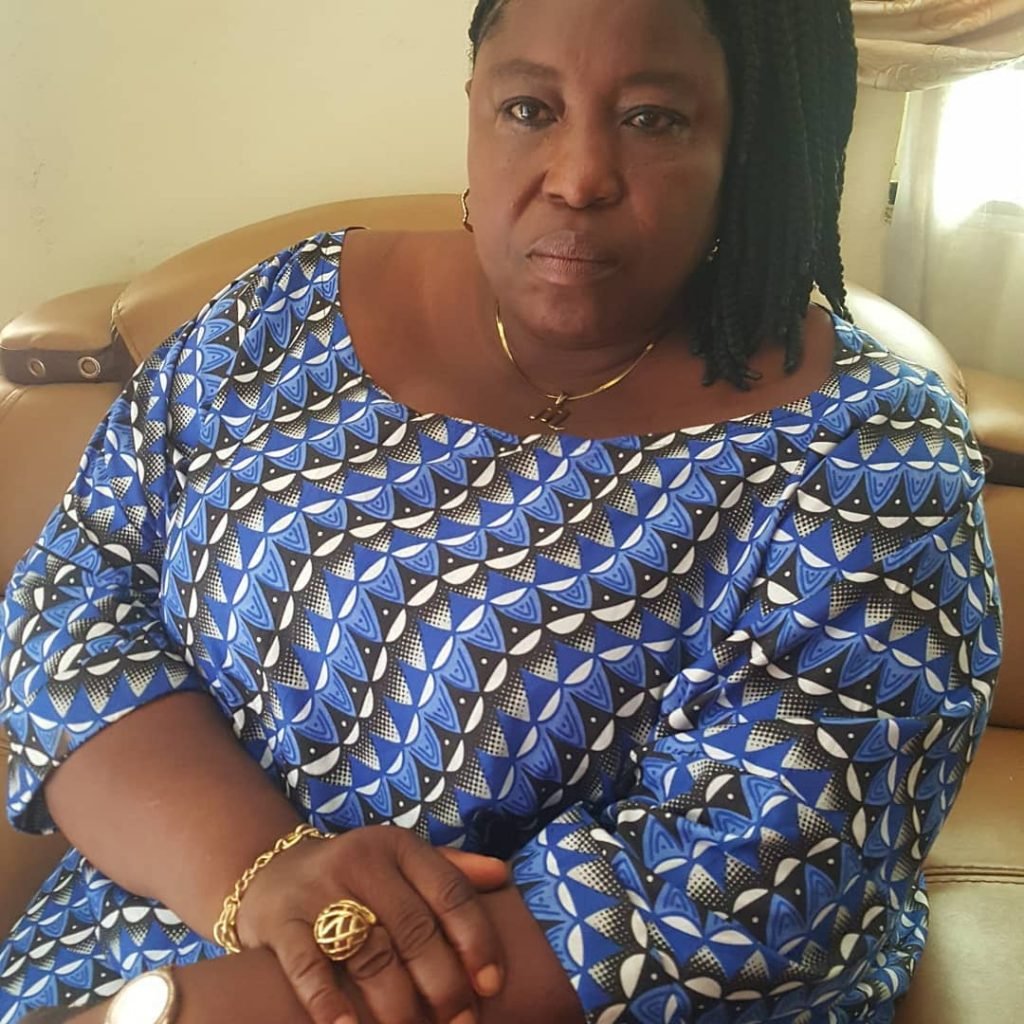Stakeholders at the National Conference on Mortgage and Real Estate, organized by the Institute of Mortgage Brokers and Lenders of Nigeria (IMBLN) in Abuja, have urged the Federal Government to implement policies that will enable Nigerians to easily access mortgages to enhance growth in the built environment.
The stakeholders believe that access to mortgages would bridge the gap of the huge housing deficit in the country. They also recommended that mortgage financing should be taught as a discipline in tertiary institutions across the country.
A Professor of Capital Market, Uche Uwaleke, in his lead paper titled “Prospective Mortgage Finance Degree in Nigeria: Structure, Curriculum, and Objectives,” said the current interest rates of over 18 per cent affect the uptake of mortgages.
He said, “The interest rate is a function of the economic conditions generally, and interest rates in this economy are generally high and are affecting the uptake of mortgages. Today, we have as many as 34 primary mortgage banks. We have over 20 commercial banks. The Federal Government has tried to also support the Federal Mortgage Bank through the national housing scheme.
“And there is also the refinancing company. Now, all these efforts have not yielded the desired results, partly because of the economic situation we have in the country. Interest rates are quite high, which is why for the mortgage sector, there has to be a special arrangement. For example, the Federal Mortgage Bank has been lending at an interest rate of six per cent which is far, far below.
“Also, at the micro level, the government should deliberately support the issues of mortgages, and I am happy that the new administration is talking about helping Nigerians assess mortgages. The government should deliberately put in place measures to ensure that people have access to mortgages. That is the only way we can bridge the gaps in housing deficits in the country.”
Earlier, the Vice Chancellor of the Nasarawa State University Keffi, Professor Suleiman Mohammed, who was represented by Professor Andrew Zamani, called on the government to develop affordable mortgage products that would cater to the wide needs of borrowers.
Mohammed said: “There is a need to streamline government policies to reduce bureaucratic bottlenecks, encouraging investment in housing. Other industry stakeholders should collaborate in academia, not only to develop training programmes.
“Regulatory bodies should implement reforms to create a transparent, efficient, and business-friendly regulatory environment. Also, an affordable mortgage product to cater to the wide needs of borrowers is a very critical factor. Also, promotion of ethical practices among members to protect consumers and instill confidence in the sector is very vital.”
Also, the President of IMBLN, Dachung Bagos, said building industry-academia partnerships was essential to promote robust mortgage finance education in Nigeria.
He noted that the development of suitable courses for inclusion in the curriculum of tertiary institutions was a way of achieving that.
The Registrar of the institute, Dr Jasper Adeleye, remarked that the conference was aimed at bringing professionals in the built industry together and sending a serious signal to quacks to exit the real sector.
The National Conference on Mortgage and Real Estate was a timely event that brought together stakeholders from the government, academia, and the private sector to discuss the challenges and opportunities in the mortgage finance sector in Nigeria. The recommendations from the conference could help to address the country’s housing deficit and promote growth in the built environment.












